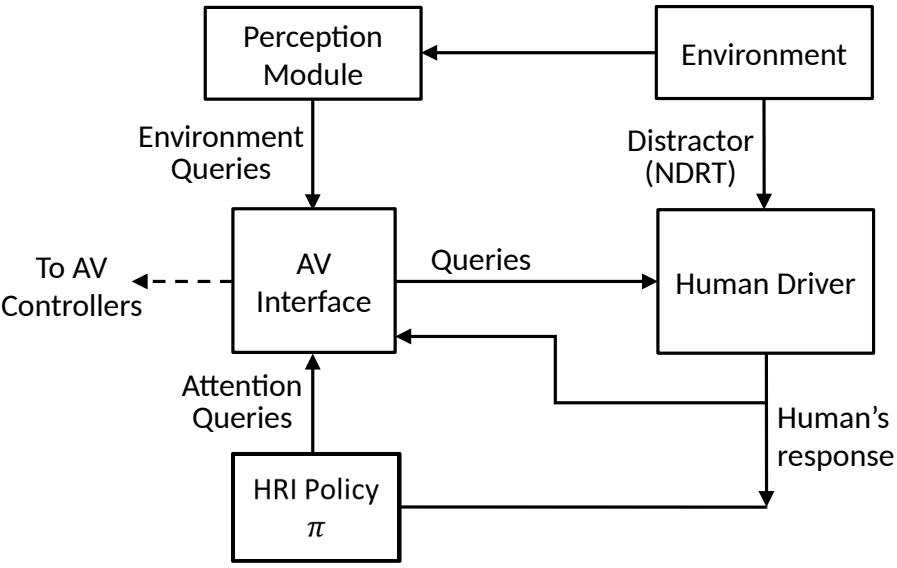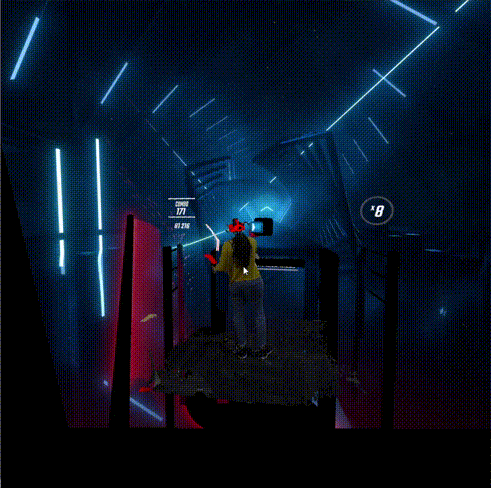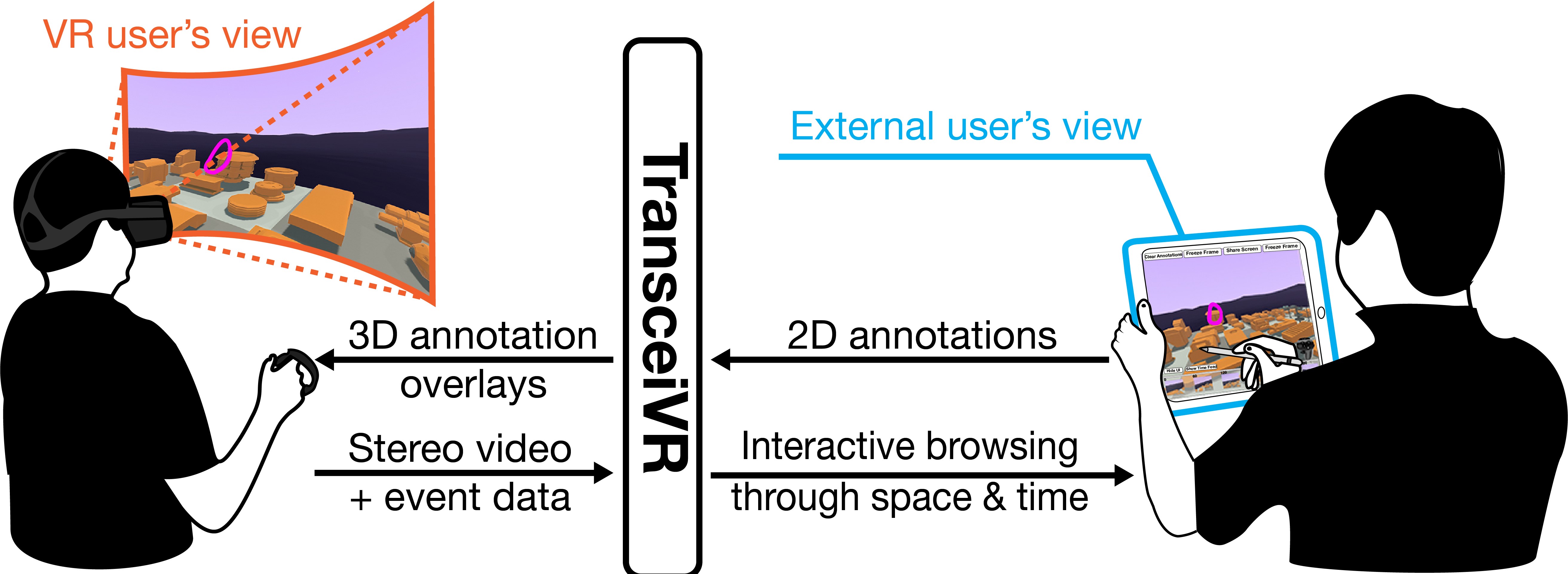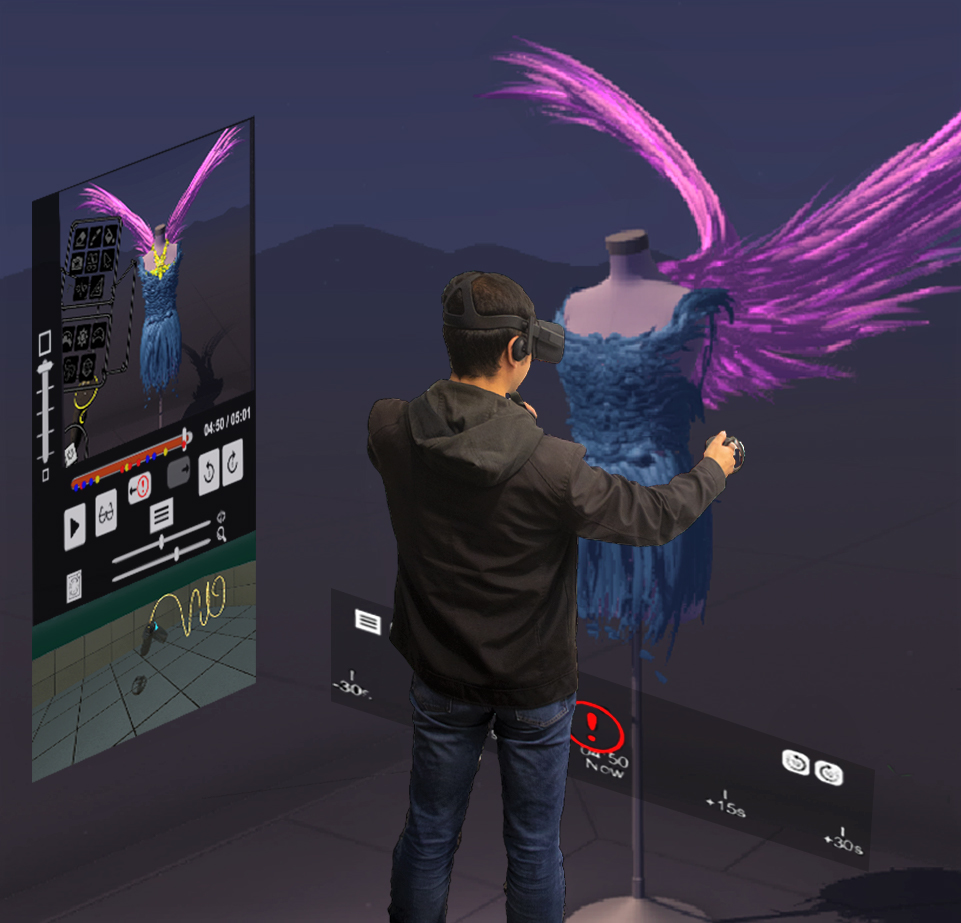SpaceBlender: Creating Context-Rich Collaborative Spaces Through Generative 3D Scene Blending
In Proceedings of the 37th Annual ACM Symposium on User Interface Software and Technology, 2024
There is increased interest in using generative AI to create 3D spaces for Virtual Reality (VR) applications. However, today’s models produce artificial environments, falling short of supporting collaborative tasks that benefit from incorporating the user’s physical context. To generate environments that support VR telepresence, we introduce SpaceBlender, a novel pipeline that utilizes generative AI techniques to blend users’ physical surroundings into unified virtual spaces. This pipeline transforms user-provided 2D images into context-rich 3D environments through an iterative process consisting of depth estimation, mesh alignment, and diffusion-based space completion guided by geometric priors and adaptive text prompts. In a preliminary within-subjects study, where 20 participants performed a collaborative VR affinity diagramming task in pairs, we compared SpaceBlender with a generic virtual environment and a state-of-the-art scene generation framework, evaluating its ability to create virtual spaces suitable for collaboration. Participants appreciated the enhanced familiarity and context provided by SpaceBlender but also noted complexities in the generative environments that could detract from task focus. Drawing on participant feedback, we propose directions for improving the pipeline and discuss the value and design of blended spaces for different scenarios.
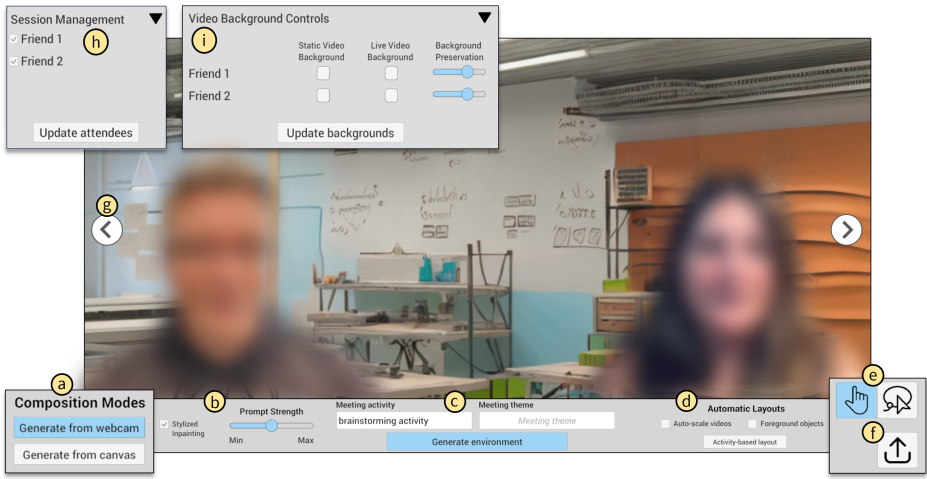 BlendScape: Enabling End-User Customization of Video-Conferencing Environments through Generative AIIn Proceedings of the 37th Annual ACM Symposium on User Interface Software and Technology, 2024
BlendScape: Enabling End-User Customization of Video-Conferencing Environments through Generative AIIn Proceedings of the 37th Annual ACM Symposium on User Interface Software and Technology, 2024 SpaceBlender: Creating Context-Rich Collaborative Spaces Through Generative 3D Scene BlendingIn Proceedings of the 37th Annual ACM Symposium on User Interface Software and Technology, 2024
SpaceBlender: Creating Context-Rich Collaborative Spaces Through Generative 3D Scene BlendingIn Proceedings of the 37th Annual ACM Symposium on User Interface Software and Technology, 2024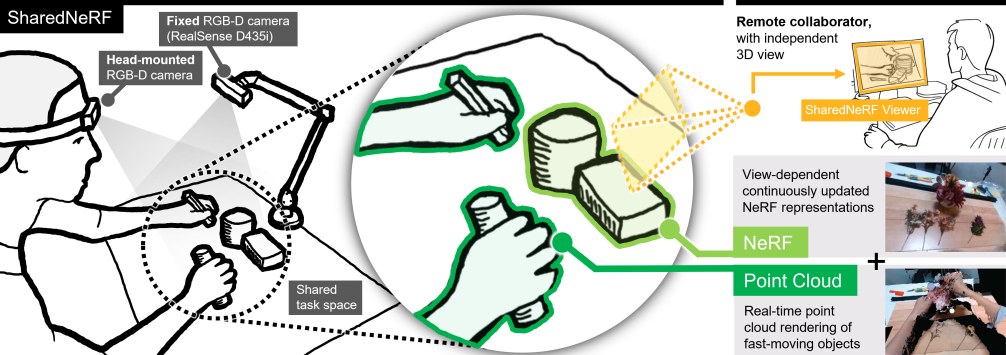
 BlendScape: Enabling Unified and Personalized Video-Conferencing Environments through Generative AIIn , 2024
BlendScape: Enabling Unified and Personalized Video-Conferencing Environments through Generative AIIn , 2024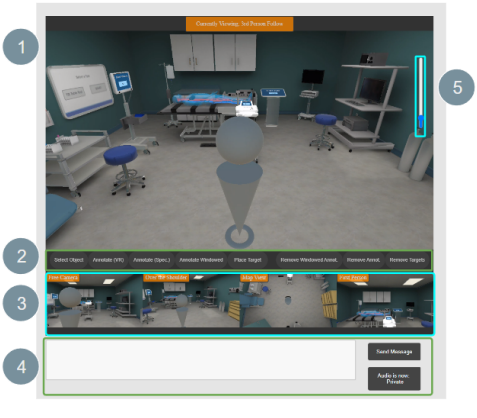 StreamFunnel: Facilitating Communication Between a VR Streamer and Many SpectatorsIn , 2023
StreamFunnel: Facilitating Communication Between a VR Streamer and Many SpectatorsIn , 2023 Living Paper: Authoring AR Narratives Across Digital and Tangible MediaIn Extended Abstracts of the 2020 CHI Conference on Human Factors in Computing Systems, 2020
Living Paper: Authoring AR Narratives Across Digital and Tangible MediaIn Extended Abstracts of the 2020 CHI Conference on Human Factors in Computing Systems, 2020
 Speed vs efficiency and storage type in portable energy systemsIn Journal of Physics: Conference Series, 2018
Speed vs efficiency and storage type in portable energy systemsIn Journal of Physics: Conference Series, 2018



